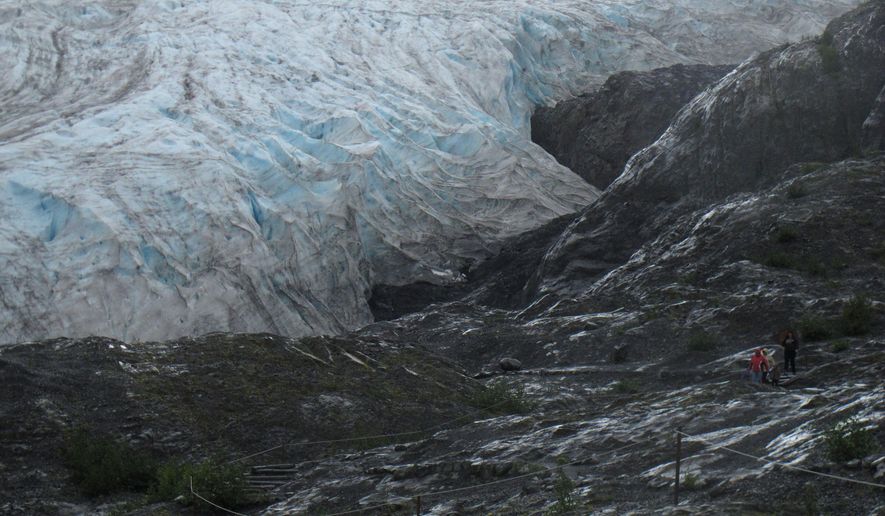OPINION:
Scientists, already stunned at climate change, the holes in the ozone, and the fact that people persist in driving even though they’re told cars pollute the air, have gotten even stunnier in recent days.
Their latest finding indicates that yes, while Antarctica is cold and the snowy drifts and icy blocks make for inhabitable living conditions, it’s not as cold as it could be — not as cold as it should be. Apparently, stuff is melting and that’s not good.
Why?
Good God, man! It shouldn’t be melting. No time for questions. That’s all you need to know. Now hurry and toss your driver’s license in the shredder. Time’s ticking and there’s greenhouse gas to clear. If just every third house across the nation would turn on its ceiling fans for a coordinated three hours today, we could sweep those greenhouse gases out to sea.
Send ’em to Asia. At least make California.
Somebody get the zulu time.
Anyhow, for those who’ve not yet run to the stores for bread, milk and shovels, feast your eyes on this — and warning, you should be sitting: “Scientists have discovered something positively frightening on one ice shelf, something they didn’t even realize was there. Scientists have just stumbled upon a major discovery in Antarctica [Major, Not Minor], and an incredibly alarming one at that. Researchers at Columbia University’s Earth Institute have found that melting is occurring at a much faster pace than had previously been thought, and it’s only likely to increase,” reported Building a Better World News.
If the image you’re getting right now is from the 1983 “A Christmas Story,” where Ralphie’s father wins that “Major Award,” the lace-pantyhose leg lamp, let me just say: You’re not alone. Frah-gee-layy. Classic.
Anyhow, curious how this stunner came to be right after the gathering of the so-called scientists in Washington, D.C., to protest President Donald Trump’s EPA policies, wrapped. (And so-called scientists is the proper term here.)
This, from the same report: “Antarctica is already losing ice, but the direct effects of meltwater, which generally refreezes in winter, are probably negligible for now. The concern among glaciologists is that this could change in the future.”
Right. So let’s get this straight, in some kind of layman’s style — so the non-scientific peon mind can grasp it. Water generally freezes in winter. But it might not in the future. And this concerns glacier experts.
Hmm. Sounds a stunner all right. If fact, I’m on my way now to take hammer to car, match to plane ticket, cutting tool to motorcycle. Just want to do my part to cut the greenhouse gases and gunky stuff in the air that are perhaps, one day in the future, but maybe not, but could be so, melting glaciers and drowning humankind. Be right back; got a few lights to turn off upstairs.




Please read our comment policy before commenting.